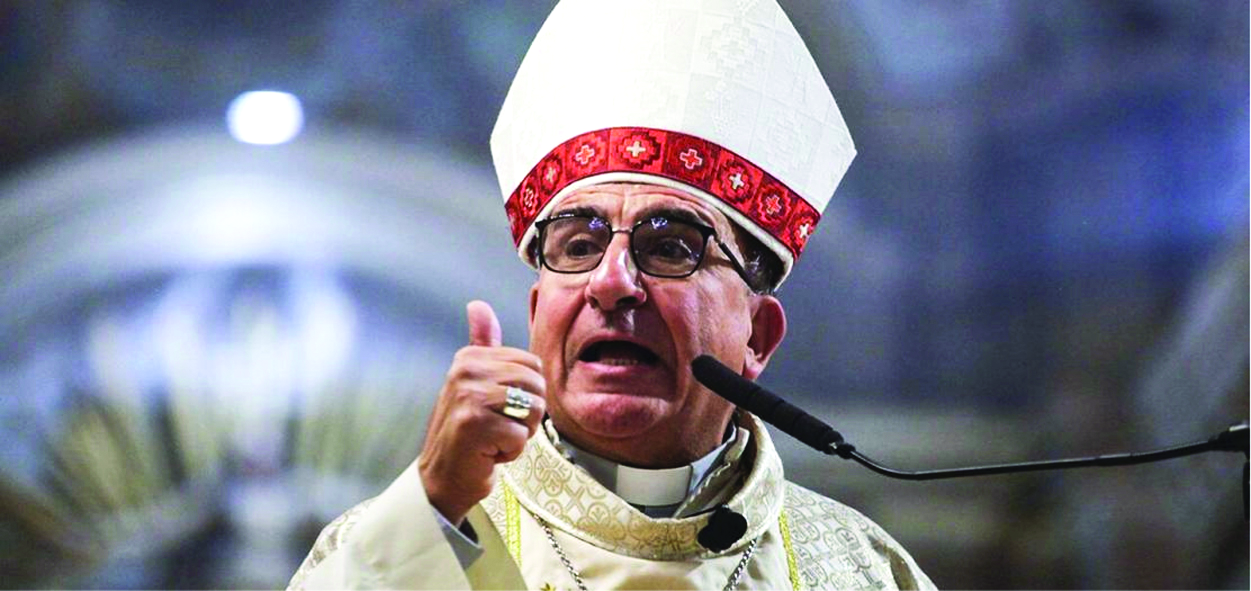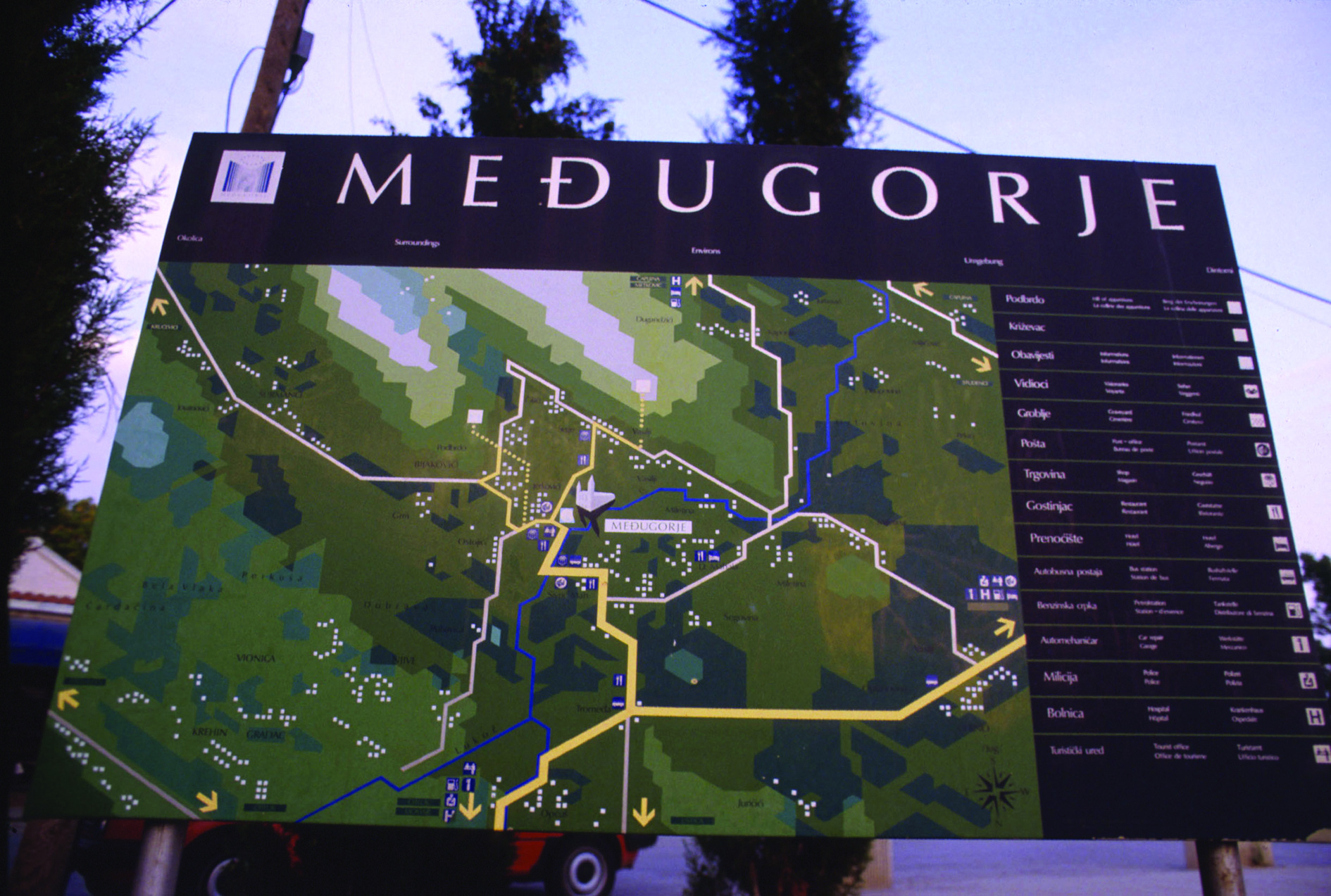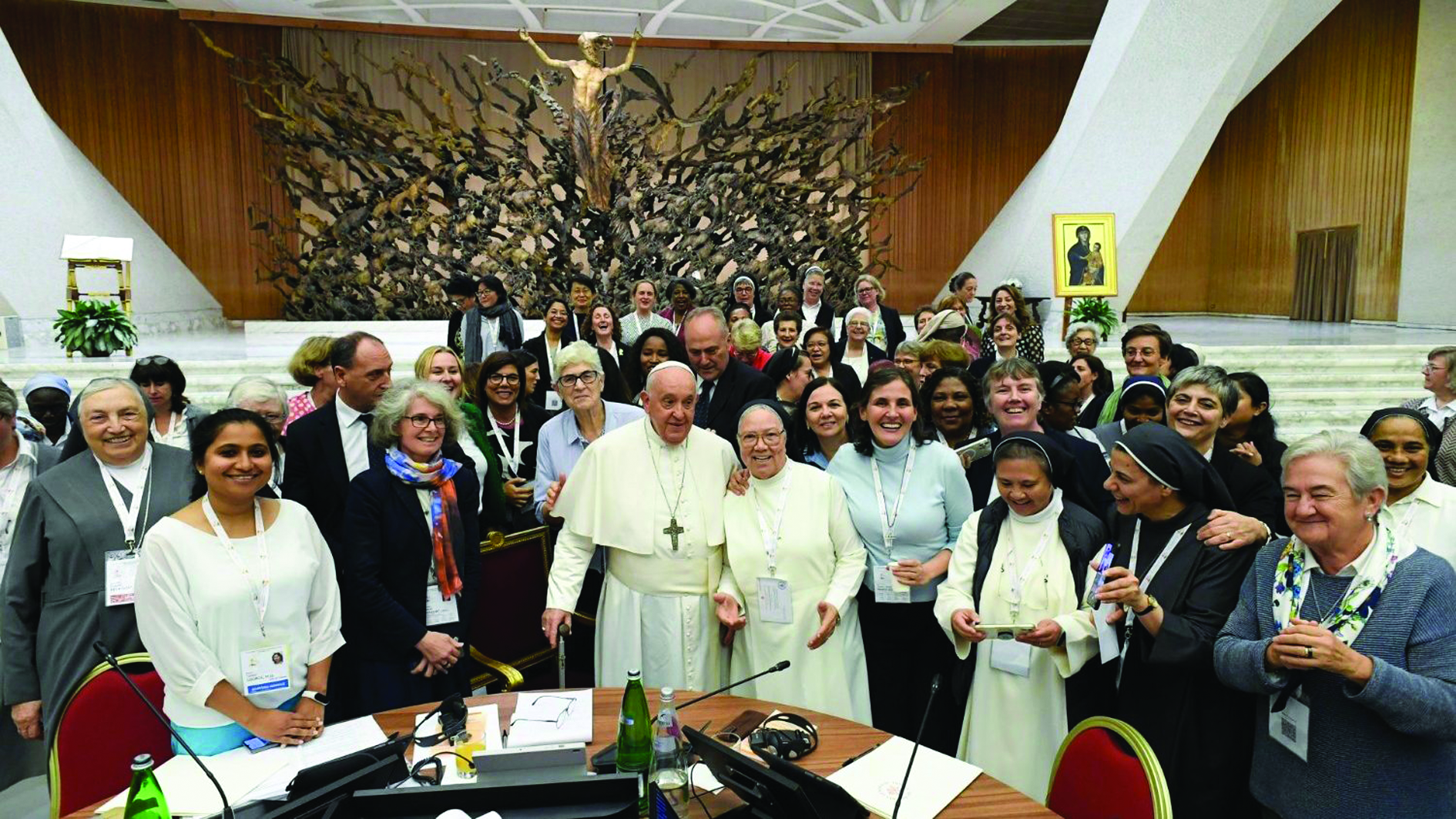“Francis has already given us a great deal of joy, and I’m sure he will give us more with words and above all with gestures inspired by evangelical simplicity which everybody has understood and which will usher in a new era in the life of the Church.”
Brazilian Cardinal Claudio Hummes of the Friars Minor is visibly enthusiastic about the election of the new Bishop of Rome. He is pleased with the result of the conclave in which he played a major role and particularly pleased with the new Pope’s decision to have him beside him, along with Cardinal Vicar Agostino Vallini, in his first public appearance on the Loggia of Blessings. It was a gesture which broke protocol and which gives a hint for the beginning of Cardinal Hummes’ conversation with the Italian newspaper L’Avvenire (i.e., the future).

Pope Francis leaves the Sistine Chapel after being elected Pope and shortly before appearing for the first time on the central balcony of St. Peter’s Basilica with Cardinal Agostino Vallini, Vicar of Rome, and Brazilian Cardinal Claudio Hummes, prefect emeritus of the Congregation for the Clergy (CNS photo)
Your Eminence, how do you account for this unprecedented privilege?
Cardinal Claudio Hummes: It was the Pope’s will, a spontaneous gesture. When the procession directed to the Loggia of Blessings formed in the Sistine Chapel, the Holy Father called me and his cardinal vicar and said: “Come on, I want you next to me, as you have always been close to me.” I don’t know why he told me this. Needless to say, that made me happy.
How did you feel when you saw St. Peter’s Square full of people?
It was extraordinary. So were the simplicity, humility and profundity of the new Pope’s messages. He showed his humility when he asked the faithful to pray to the Lord for him and in the choice of his name.
In what sense?
Francis is a highly meaningful name which conveys numberless messages. It is a unique and extraordinary name in the history of the papacy. The Pope’s choice of this name tells us more than lots of speeches or writings. This has now become clear to everybody. The name Francis is an exhortation to try new ways of evangelizing, as he said to the College of Cardinals yesterday, ways which break new ground for the life of the Church.
In which direction?
In the direction of a poorer and more austere Church, to begin with, and first of all for the poor. A Church giving to the poor the place that Jesus has reserved for them: they are in fact the first receivers of the Church’s love and evangelization.
You were a pastor in Brazil for many years — in Santo André, Fortaleza and São Paulo – but you also held an important post in the Curia as prefect of the Congregation for the Clergy. Do you think that Francis’ pontificate will also spell the beginning of a new era for the organization of the central government of the Church?
The Curia is a much-debated issue by us cardinals during our general congregations. Many have been waiting for a reform of the Curia and are convinced that this Pope will make it in the spirit of the Word, the simplicity, humility and essentiality required by the Gospel. All will be in the spirit of the saint whose name he has chosen. St. Francis had a great love for the hierarchical Church and the pope; he wanted his friars to be Catholics and obey His Lordship the Pope, as he called him.
Many have stressed the emphasis with which Pope Francis repeated that he is the Pastor of the Universal Church because he is the Bishop of Rome.
This claim refers to collegiality, to the Pope’s great sense of brotherhood towards all other bishops. Pope Francis feels that he is one of them and their head. He rightly stressed both aspects of the college of bishops, its unity and diversity.
Pope Francis is the first South American Pope …
The South American Church is happy about this. Actually, the whole Church is happy because the election of Pope Francis has provided further evidence that the Catholic Church is really universal, that it is not a European institution with branches in other continents. It has always been like this, but the choice of a Pope from a peripheral area of the world has proved to everybody that the universality of the Church has practical implications.
World Youth Day 2013 is expected to be held in Rio de Janeiro in July. What do you think the new Pope’s meeting with Brazil will be like?
To begin with, I’m sure that the Holy Father will go to Brazil. I have not yet received any official confirmation, but I have been told that he intends to go. He will give this great joy to Brazil and to all the world, because there will be lots of young people from every continent. I think that, along with boys and girls, adults too will attend World Youth Day, maybe just to see the Pope.
You know Pope Francis personally. How would you describe him?
He is a man of deep spirituality, a man of prayer who takes nourishment from the Gospel, who lives his relation to Jesus Christ with great simplicity. In fact, the closer one gets to God, the simpler one’s spiritual life becomes. In these days he has had the opportunity to show his peace of mind to everyone. When he greeted us one by one, he did so with great spontaneity as though nothing had happened to him, yet he knew what had happened. When a cardinal is elected Pope, he is anointed by God.
Don’t you think it’s a paradox that the first Jesuit Pope is also the first one in the history of the Church to choose the name Francis?
It’s true, he is a Jesuit. But he was the archbishop of Buenos Aires, and loved its people, the poor in particular, who returned his love. It’s from this experience that his choice of the name originated.






Facebook Comments